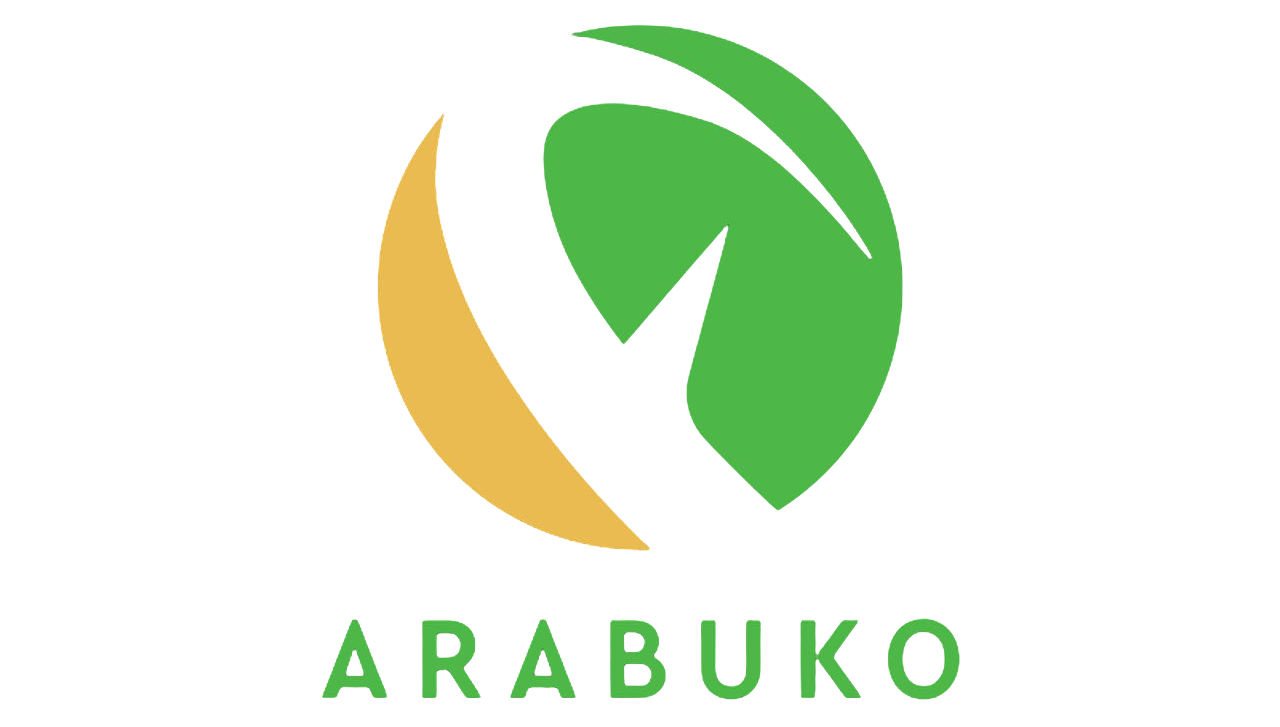Sustainable Land Management Practices for Improved Agriculture
Sustainable land management (SLM) practices are essential for cultivating healthy and productive land, particularly when it comes to agriculture. SLM aims to promote food security by improving land productivity, reducing greenhouse gas emissions, conserving biodiversity, and addressing other environmental issues. Here we discuss the main SLM practices and the benefits they bring for agricultural improvements.
1. Soil conservation and restoration
In order to produce a healthy yield, soil health needs to be promoted and conserved. Practices such as terracing, composting, and controlled grazing can be implemented to restore organic matter, improve water infiltration, reduce erosion, and increase soil nutrients and fertility.
2. Refined water management
Efficient water management can help to conserve precious resources, reduce water contamination, and control flooding. Practices such as planting trees and shrubs, building small check dams, and installing agricultural drainage networks can help to improve water quality and regulate water levels in agricultural land.
3. Improved agrotechnology
Utilizing the latest agrotechnology can help to make agricultural processes smarter and more productive. Technologies such as precision agriculture, hydroponics, and drip irrigation are some examples that can be used to improve crop yield and reduce water and other resource losses.
Benefits of sustainable land management practices
The implementation of SLM can have wide-ranging and positive impacts on agricultural operations. Benefits include:
- Increased soil fertility – Practices such as composting can help improve soil structure, boost soil fertility, and reduce dependence on chemical fertilizers.
- Improved water quality – Planting trees and shrubs, building small check dams, and installing agricultural drainage networks can reduce the risk of water contamination and flooding.
- Enhanced crop yield – Agrotechnology such as precision agriculture, hydroponics, and drip irrigation can help to maximize crop yield given the available resources.
- Greater sustainability – By conserving soil, water, and other resources, SLM decreases reliance on external inputs and can help to promote the sustainable cultivation of healthy crops and land.
The implementation of effective SLM practices is essential for promoting sustainable food production and agricultural improvements. These practices can help to conserve resources, improve land productivity, and enhance crop yield and quality.


